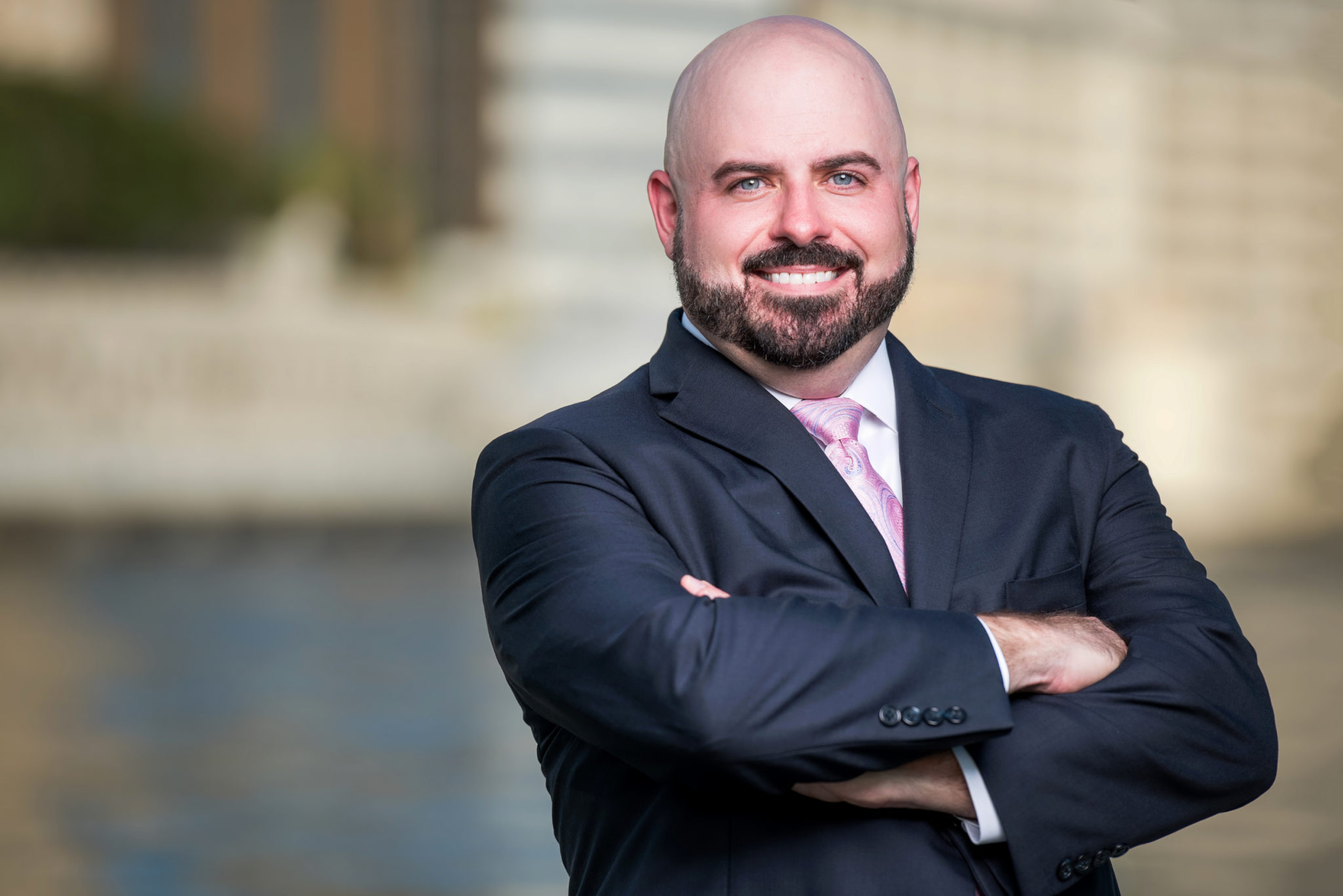
A recent Florida Supreme Court Case decided in late June of 2018 is being hailed as a significant legal victory for the rights of biological fathers in the state.
In the case of Simmonds v. Perkins, No. SC 1701963, 43 Florida Law Weekly S273 (June 28, 2018), Florida’s highest court considered whether biological fathers may rebut a common law presumption that a child’s legal father is the mother’s husband if the child is born to an intact marriage. This traditional presumption has resulted in biological fathers being denied contact with their biological children simply because the mother was married to another person when the child was born.
In the Simmonds v. Perkins case, this decades-old rule was struck down. Here is a closer look at the case and its legal significance for Florida family law.
Florida Court Unanimously Sides With the Rights of Biological Fathers
The Simmonds case involved a child’s mother who never told the biological father of the child that she was, in fact, already married. When the biological father became aware of the mother’s marriage, the mother indicated her desire to get a divorce.
The biological father had been in a three-year relationship with the mother and, before finding out she was married, he had been active in the child’s life. On the day of the child’s birth, he was at the hospital and his name was on the child’s birth certificate. He also paid child support and took the child to doctor’s appointments and childcare activities.
However, the child’s mother and her husband objected when the biological father sought visitation rights and petitioned a judge to be declared as the child’s father. The mother and her husband were relying on a decades-old rule that the legal father of a child is one who is married to the mother in an intact marriage at the time of the child’s birth. This legal assumption is known as the “presumption of legitimacy”, and it was this presumption that was at issue throughout this case.
The state’s highest court ultimately unanimously decided in favor of the biological father, arguing that this decades-old “presumption of legitimacy” was rooted in a time when science could not reliably establish paternity to determine who a child’s biological father was. Further, this presumption was also partly grounded in the moral underpinnings of the era, which unfairly shunned children who were not born into a “legitimate” marriage.
Judge Lawson, who wrote for the Florida Supreme Court majority, argued that biological fathers who manifest a “substantial and continuing concern for the welfare of the child” should not be automatically barred from the child’s life simply because the mother is married to another person. Instead, the biological father should be allowed to provide evidence demonstrating that the biological father’s involvement would be in the best interests of the child.
The Simmonds Holding Creates a Major Change for Florida Family Law Moving Forward
The Florida Supreme Court has shown that, at least in some cases, a biological father may seek to establish paternity when both the mother and her spouse object to his doing so. It is also likely that the Florida Bar will make a move of some kind to change state law in light of this influential decision.
In the interim, it is clear that any biological father who wishes to similarly rebut the presumption of legitimacy must be capable of showing their “substantial and continuing concern” for the child’s welfare. Here are a few simple yet important ways a biological father can express concern and interest in the child’s life that may also rebut the presumption of legitimacy:
- Paying child support (this is helpful to do even if the mother returns the money you send)
- Making a regular and active effort to spend time with the child
- Do day-to-day activities, such as taking the child to appointments, daycare or school
If you have any questions about your legal rights in light of this significant ruling, contact The McKinney Law Group for a legal consultation to receive answers to your Florida family law questions and concerns.

Tampa Divorce Lawyer
If you have questions for a Tampa divorce lawyer, or are unaware of the terms and conditions of a Tampa divorce, talk to, and retain, a family law attorney who can help. Contact Damien McKinney of The McKinney Law Group to discuss your case further. He can be reached by phone at 813-428-3400 or by e-mail at [email protected]
